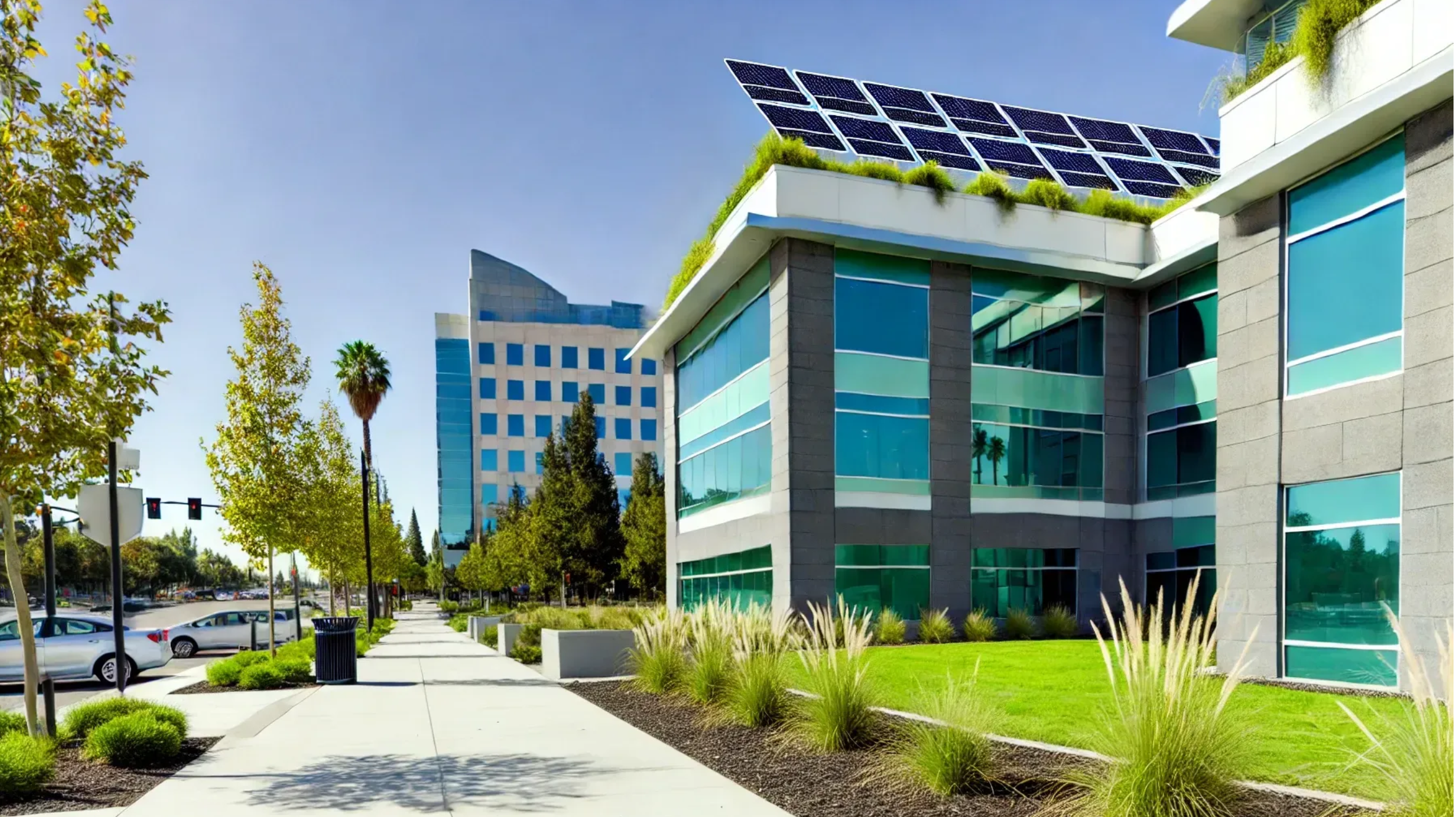Exploring the Benefits of Green Building Certifications in 2025
https://buymeacoffee.com/kaysogy/exploring-benefits-green-building-certifications-2025

As environmental awareness continues to rise, sustainable real estate is no longer a niche but a global standard. In 2025, both homeowners and investors are turning to green building certifications as a benchmark for energy efficiency, health, and long-term value. Certifications like LEED, EDGE, and ENERGY STAR are now influencing buying decisions, rental pricing, and even financing options. For real estate investors and developers, understanding and leveraging green certifications is essential. These credentials not only validate environmental responsibility but also provide tangible economic advantages. This article explores the key benefits of green building certifications and how they align with modern property investment strategies.
1. Enhanced Property Value: Certified green properties often sell and rent at a premium. Buyers and tenants are willing to pay more for energy efficiency, health-conscious design, and reduced utility costs. Using property valuation tools, investors can quantify the added value that certifications bring to their assets.
2. Lower Operating Costs: One of the biggest draws of green-certified buildings is reduced energy and water usage. These savings translate into lower monthly operating expenses, making properties more profitable, especially for those involved in rental property management.
3. Increased Market Demand: Green features such as solar panels, efficient HVAC systems, and sustainable materials attract a growing demographic of eco-aware renters and buyers. With real estate market trends moving towards sustainability, certified properties enjoy higher occupancy rates and faster turnover.
4. Access to Preferential Financing: Many governments and banks offer mortgage financing options with better terms for green-certified buildings. These might include reduced interest rates, tax credits, or grantsgiving investors a financial edge when acquiring or developing eco-conscious properties.
5. Improved Indoor Air Quality and Comfort: Certifications often require high indoor air quality standards, natural lighting, and efficient ventilation. These health-focused elements align with post-pandemic housing preferences, especially when combined with smart home technology for climate control and monitoring.
6. Compliance with Evolving Regulations: As more jurisdictions adopt stricter environmental regulations, green certifications ensure your property is compliant. This avoids penalties, reduces renovation costs, and keeps properties competitive in regulated urban markets.
7. Stronger Resale and Exit Strategy: Investors benefit from an easier resale process when their properties meet established green standards. Online property listings that showcase certifications get more traffic, and buyers often seek eco-friendly features as part of their house-hunting checklist.
8. Boosted Branding and Market Reputation: For developers and landlords, having a portfolio of green-certified properties enhances brand credibility. It signals long-term vision, responsibility, quality, and traits that resonate in both residential and commercial sectors.
9. Integration with Real Estate Technology: Green buildings often pair seamlessly with real estate automation and digital property management systems. For example, energy usage can be tracked via cloud-based real estate solutions, which boost operational efficiency and support ESG (Environmental, Social, Governance) reporting.
10. Attraction of Millennial and Gen Z Buyers: Younger buyers and renters are deeply conscious of sustainability. Properties that meet green standards directly align with this audience's values. Integrating features like solar power, EV charging stations, and water-saving devices can increase appeal among first-time homebuyers seeking home-buying tips and eco-friendly options.
Conclusion: Green building certifications are far more than a marketing buzzword but a strategic investment in 2025 and beyond. From enhanced property investment strategies to improved tenant satisfaction and long-term value, these certifications set properties apart in a competitive real estate market. As the demand for sustainable real estate continues to grow, forward-thinking investors, developers, and property managers who embrace green certifications will not only benefit financially but also contribute meaningfully to a healthier planet.
Comments
Post a Comment